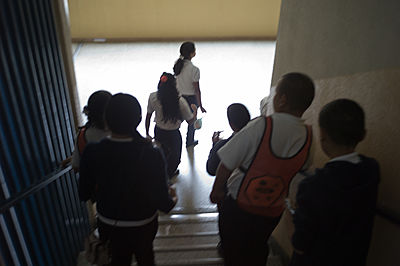The Small Research Grants on Education Program supports education research projects that will contribute to the improvement of education, broadly conceived, with budgets up to $50,000 for projects ranging from one to five years. We accept applications three times per year.
This program is “field-initiated” in that proposal submissions are not in response to a specific request for a particular research topic, discipline, design, method, or location. Our goal for this program is to support rigorous, intellectually ambitious and technically sound research that is relevant to the most pressing questions and compelling opportunities in education.
The program is now closed. Please check back for a revised Request for Proposal.













